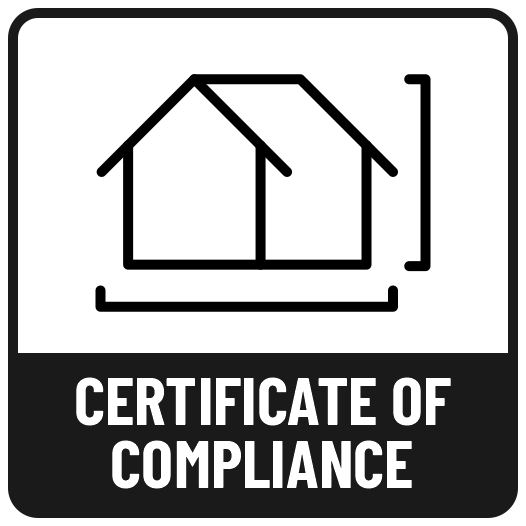If you’re planning to sell your property, rent it out, or simply ensure that your home or business is electrically safe, obtaining an Electrical Certificate of Compliance (COC) is essential. In South Africa, this certificate is a legal requirement that confirms your electrical installation complies with the SANS 10142 wiring code.
However, many property owners are surprised when their COC inspection is delayed or fails due to common electrical issues—most of which are avoidable with regular maintenance. In this article, we’ll explore the most frequent problems that can hold up your COC approval and how you can address them before the inspection.

1. Non-compliant Distribution Boards
Your DB board (distribution board) is the heart of your electrical system. Faults here are among the most common reasons for COC failure. Issues include:
-
Missing or incorrect labelling of circuits
-
No earth leakage protection installed
-
Loose wiring or burnt connections
-
No blanking plates for open slots
2. Earth Leakage Device Not Functioning Properly
According to SANS standards, an earth leakage device must trip at the correct current and time. If it’s faulty or missing, your COC will be denied.
To check:
-
Test the trip switch monthly using the test button.
-
Replace any device that doesn’t trip immediately.
3. No Bonding or Earthing
All metallic parts (like plumbing pipes and geysers) must be correctly earthed to prevent electric shock hazards. Missing bonding is a serious safety issue and a guaranteed COC failure.
Common signs of bonding issues:
-
No green/yellow earth wire attached to geysers or taps
-
Corroded or broken bonding clamps
4. Illegal or DIY Electrical Work
Unqualified or DIY installations are not only dangerous but also non-compliant. These include:
-
Loose surface-mounted plug points
-
Illegal wiring with extension cords in walls or ceilings
-
Multiple appliances wired into one plug point
All installations must be completed or certified by a qualified electrician registered with the Department of Employment and Labour.
5. Damaged or Outdated Wiring
Old or degraded wiring is a fire hazard and fails to meet current regulations. Look out for:
-
Cracked insulation
-
Exposed wires
-
Extension leads used as permanent wiring
If your home is more than 20–30 years old, a rewire might be necessary before you can get a COC.
6.Open or No Joint Boxes
Joint boxes must be safely enclosed. Common issues:
-
Open roof joint boxes without covers
-
No joint boxes in roof joints
7. Sockets and Switches Not Securely Mounted
All plug points and switches must be properly mounted and in good working condition. Problems include:
-
Loose, rusted or broken wall sockets
-
No faceplates or covers
-
Sockets mounted too close to taps
8. No Isolators for Fixed Appliances
Geysers, stoves, and air conditioners must have dedicated isolators within visible reach of the appliance. Missing or inaccessible isolators are a common issue during inspections.
Prepare Before You Book Your COC Inspection
Getting your Electrical Certificate of Compliance doesn’t have to be a stressful or costly process—especially if you address these issues early. Before you call a registered electrician for your COC inspection, do a basic visual check of your DB board, sockets, switches, light fittings, and fixed appliances. Fixing small problems now can save you time and money later.
Need Help from a Registered Electrician in Johannesburg?
We specialise in fast, reliable, and affordable electrical COCs for residential properties. We service Randburg, Roodepoort, Krugersdorp, Wilgeheuwel, Honeydew Ridge, Weltevreden Park, Kenmare, Helderkruin, Roodekrans, Northriding and surrounds.
Selling your home? Read our article on why you need a Electrical Certificate of Compliance.
Contact us today to book your inspection.
